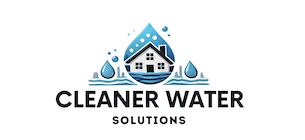The Growing Problem of PFAS: What You Should Know About ‘Forever Chemicals’
In recent years, public concern over water contamination has surged, particularly regarding a group of
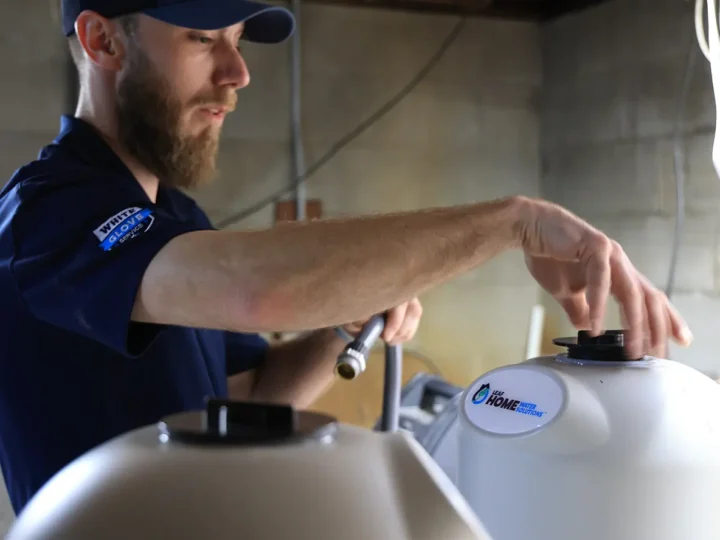
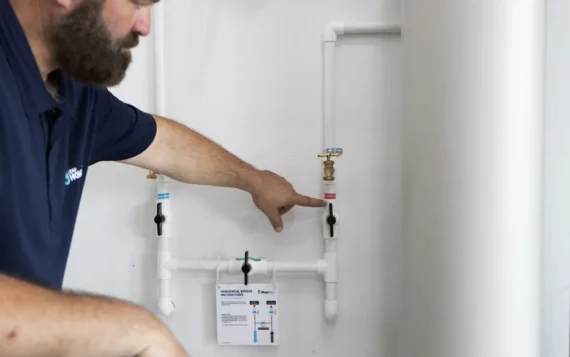
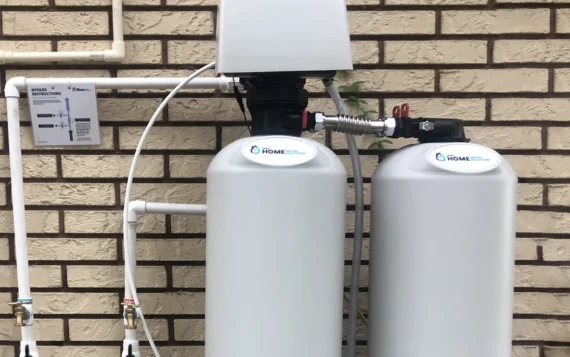
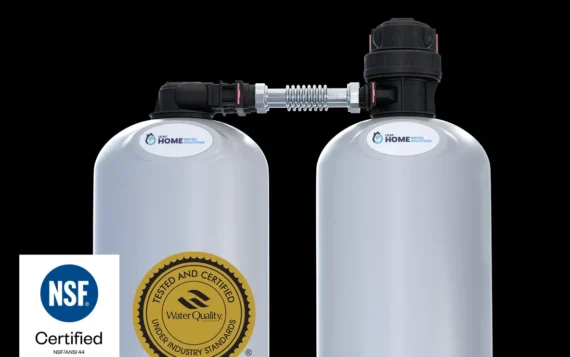
A conditioning system is a salt-free alternative to a salt-based softener. Although it doesn’t soften water by removing minerals like a traditional softener, the conditioner technology uses polymer beads to break down hard water particles into microscopic crystals, leaving you with great tasting water, without the maintenance of a traditional softening system. Perfect for families who do not like the feeling of soft water but want to protect their home’s appliances against hard water scale buildup.
Protect your home from the damaging effects of hard water without removing minerals from your water and reduce existing scale build up in your pipes & appliances.
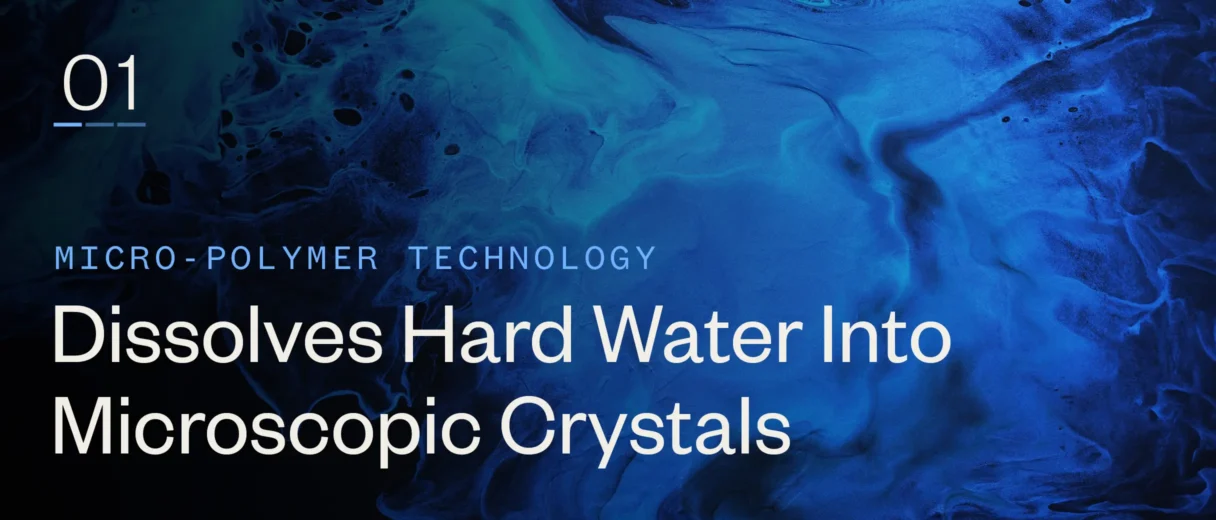
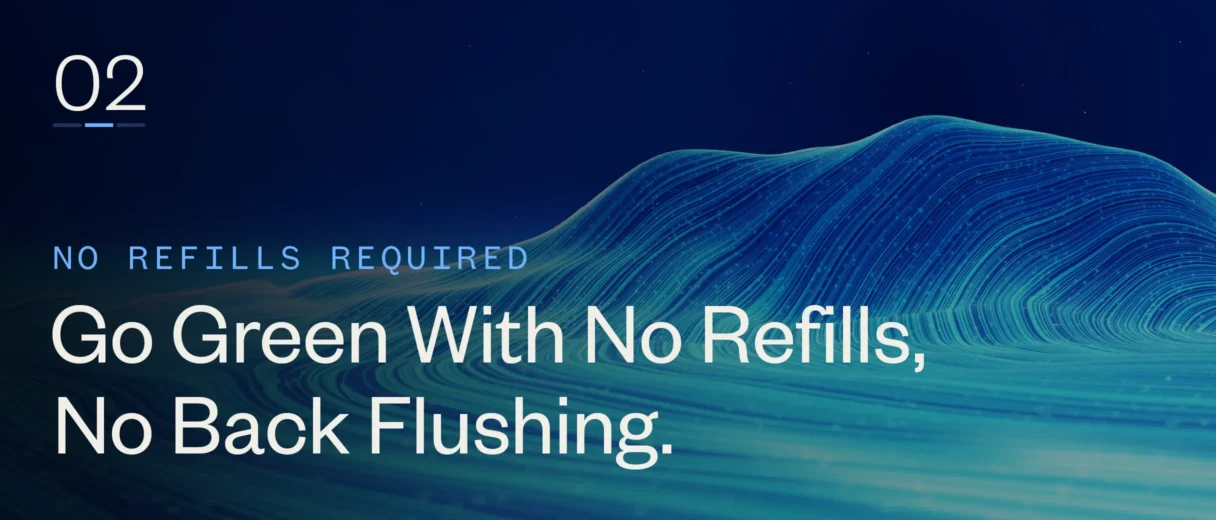
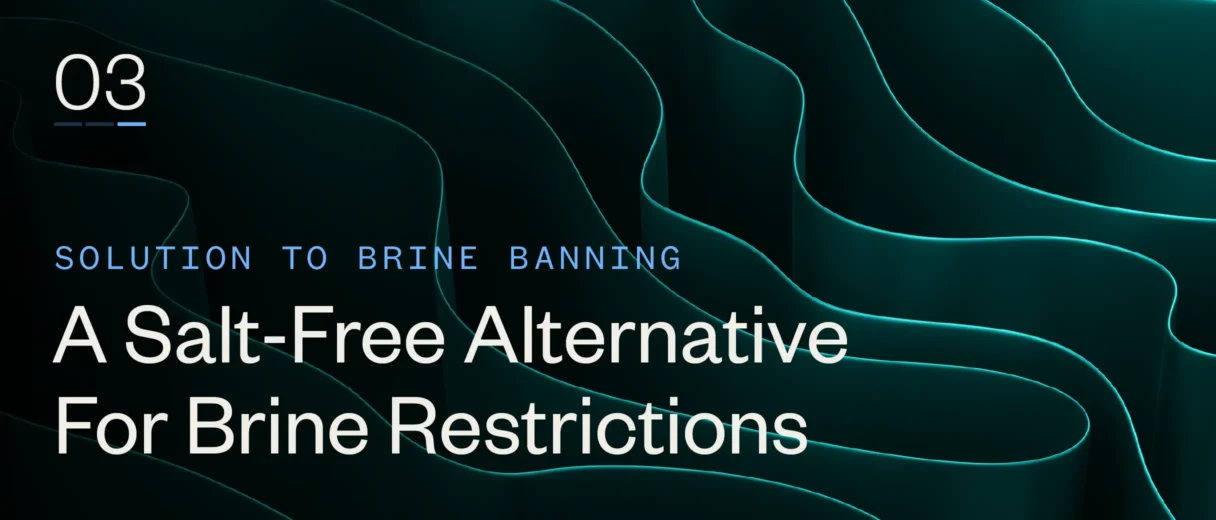
The salt-free conditioning system contain micro-polymer beads that dissolve hard water particles into microscopic crystals, protecting you and your family from scale build-up.
Causes scale buildup in pipes and appliances, reducing efficiency and lifespan.
Mineral deposits inside the walls of pipes build-up and restrict the flow of water.
Over ingestion may cause gastrointestinal issues such as nausea, diarrhea, and cramps.
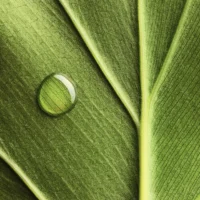
Designed to not require media regeneration, minimizing waste water and your environmental impact.
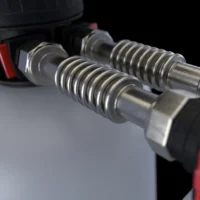
Combined features help reduce connections and overall footprint in your home.

Efficient valve technology keeps your system running even in the event of a power outage.
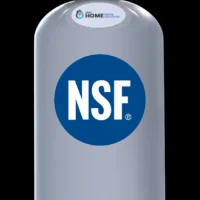
NSF Certified fiberglass pressure tanks ensure structural integrity and durability.
Conditioning Media
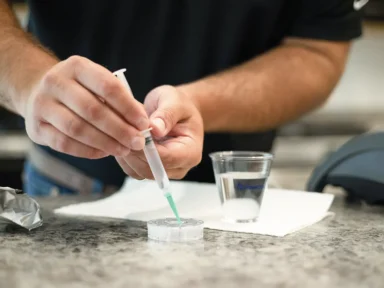
We inspect the water around your entire home. From the kitchen, bathrooms, dispensers, and any other water sources.
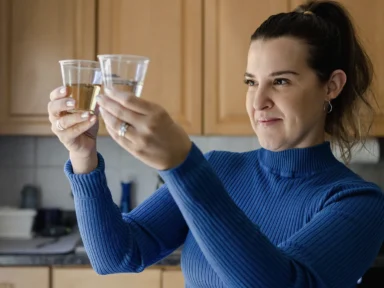
We customize your solution, based on your water profile. Making sure we correct issues and reduce contaminants, like lead, bacteria, PFAS, and more.
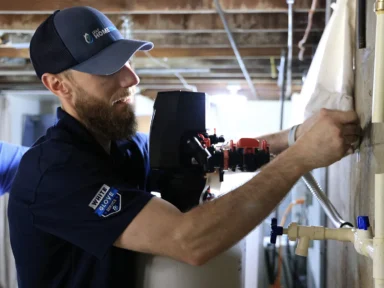
Our local water experts are fully equipped and trained to perform your installation in one day or less.
Simply put, hard water has high levels of minerals like calcium and magnesium. These minerals aren’t inherently dangerous, but they can create scale, or buildup in your pipes and appliances, which reduces their lifespan and leads to costly repair and replacement.
Hard water is a common issue for homeowners, and sometimes gets overlooked . You may see hard water residue or spots on dishes and glassware, soap scum buildup in your shower, or, yellowed, dingy whites coming out of the wash.
In some instances, certain contaminants in water may lead to health issues. Most of the time, hard water does not pose a threat to health. But it can make things like eczema and acne worse. Hard water mineral buildup can lead to coarse hair, hair breakage and even hair loss.
Bottled water is naturally soft… but has a unique pollutant that you won’t find in tap water: microplastics, which have been identified as a possible health hazard.
Hard water is caused by minerals in your water, specifically calcium and magnesium. A water softener uses ion exchange, which means hard water passes through a tank filled with resin beads, which are charged with sodium and potassium ions. The beads attract and bind to the calcium and magnesium ions, delivering softer water to every tap in your home.
If you’re experiencing the harsh effects of hard water like dry skin and hair, limescale buildup around faucets and shower heads, or wear and tear on your water-based appliances, a water softener will benefit your home.
While the immediate impact of soft water will be improved water quality, you will also notice that soft water cuts down on several costs: less soap for dishwashing and laundry, lower electric or gas bills when heating soft water—hard water leads to heat loss—more protection for household water-using appliances. With soft water minimizing scale buildup, everything from your water heater to your coffee maker will work more efficiently for a longer time.
Aside from the benefits of having higher quality, better-tasting water, you will also see that soft water provides reductions in household costs. Softer water improves the lifespan of your household water-using appliances, reducing unexpected repair and replacement costs and saving you money in the long-term. More immediately, with soft water, you can use less soap for dishwashing and laundry, spend less time cleaning your sinks and showers, and you will enjoy lower electric or gas bills as hard water loses more heat than soft water.
Water quality varies from home to home, so exactly what you and your family need may be different from your neighbor’s or friend’s home depending on several factors. During our free, no-obligation consultation, one of our water experts will test your home’s water and tell you exactly what’s in it. They will then recommend a customized solution to treat your home’s specific water issues, providing you with a solution that meets both your water needs and budget.
We can tell you! The right size depends on several factors, including your household water usage and the initial hardness of your water. Leaf Home Water Solutions provides a comprehensive test of your home’s water during our free, no-obligation consultation. A water expert from our team will determine the hardness level and recommend the appropriate size and model for your needs.
Yes, most water softeners are compatible with septic systems. However, it’s essential to choose a model that regenerates efficiently and does not overload your septic system with excessive salt or water.
Installation involves connecting the filtration system to your main water supply line, typically at the point where water enters your home. Professional installation is recommended to ensure proper setup and optimal performance. Our Leaf Home Water Solutions installation team will schedule a date and time that works for you, providing free, white-glove installation and ensuring everything is set up and working properly before leaving your home
A whole-home water softener system can be installed in your garage, outside your home, or anywhere else where we can obtain access to your water source and electricity. Every home is different, and we have a solution for each unique situation.
We offer both salt and salt-free solutions. If a salt softener is the correct solution for your home, several factors such as water quality, hardness level, and water consumption will determine salt usage. Fortunately, our systems have an easy-to-use LCD screen that will notify you when it is time to add salt. Plus, our systems are highly efficient, using less salt than many other national brands.
Common types of salt used in water softeners include rock salt, solar salt, and evaporated salt pellets. Each type has different purity levels and solubility rates. It’s best to use high-purity salt specifically designed for water softeners to prevent buildup and maintain efficiency.
“Great product at a great price. The installer was professional and clean. Great warranty for the system. Have seen a huge increase in water quality and softness.”
“The drinking water is so good. I had a purification system, but this one is superior. All the other water around the entire house is vastly improved. Everyone loves it.”
In recent years, public concern over water contamination has surged, particularly regarding a group of
When you turn on the tap, you likely assume the water flowing into your glass
As a pet owner, you likely go out of your way to ensure your furry
As a homeowner, ensuring your family has access to safe, clean drinking water is essential.
For many homeowners, the question of whether to install a water softener often comes down
When it comes to your home’s water, not all water is created equal. The difference
